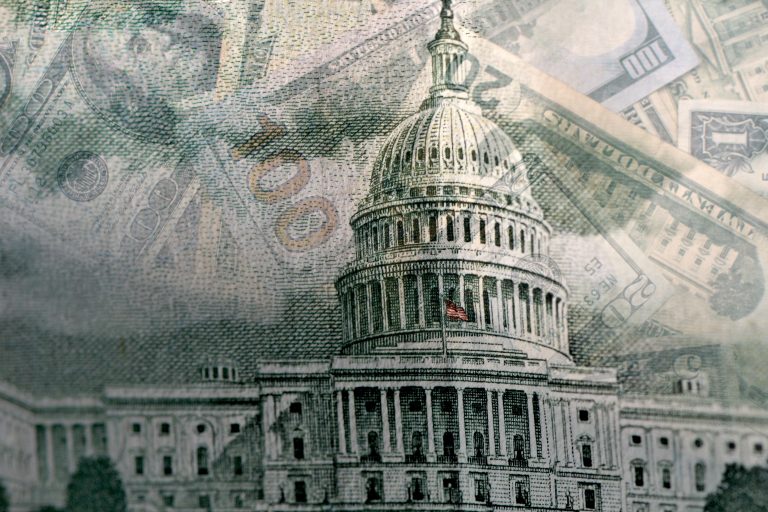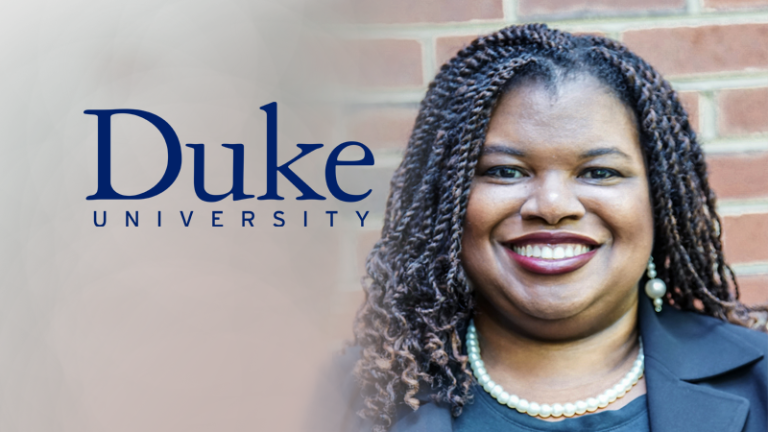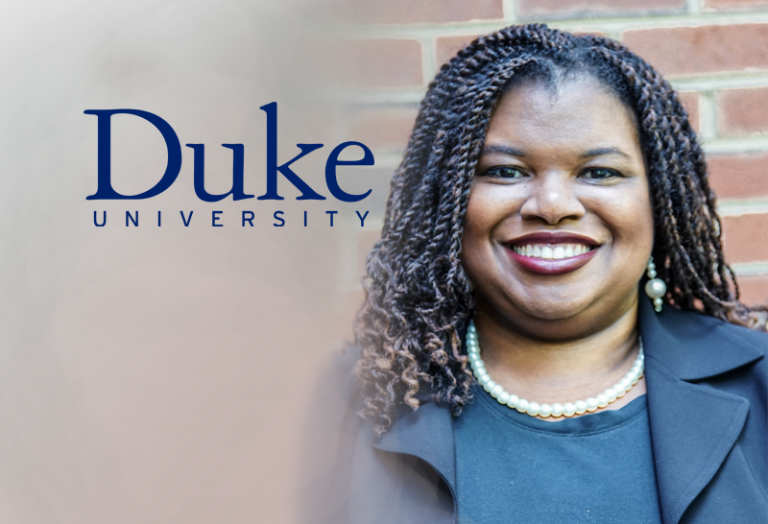In a continuing effort to examine the business sector's contributions to inclusive economic growth, the second annual Conference on Market-Based Solutions for Reducing Wealth Inequality will bring top researchers and private sector representatives to the University of North Carolina at Chapel Hill on April 25-26.
Universal childcare reform implemented in Quebec, Canada, in the late 1990s boosted the careers and earnings of new mothers and produced positive outcomes for some companies as well.
Reactions from Wall Street and Main Street to how a company addresses – or doesn’t address – issues of gender inequality and sexual harassment affect social media sentiment, brand equity and market value, new research shows.

This work examines the effects on worker psychological well-being and productivity of highly publicized negative identity-related societal events, such as the 2020 murder of George Floyd, mass shootings like the 2016 Pulse nightclub shooting that targeted LGBTQ+ individuals, and the 2021 Atlanta area Spa shootings that targeted individuals of Asian descent.

The Effects of Pay Transparency: A Brief Review
Pay transparency policies are increasingly popular among governments in the United States and around the world.

We investigate the stock market reactions to the announcements of Black CEO and top management team (TMT) appointments in light of two conflicting studies that advance competing and opposite theories.
Angelica Leigh, assistant professor of management and organizations at Duke University Fuqua School of Business and 2023 Kenan Institute Distinguished Fellow, defines the characteristics of mega-threats and their potential effects on the workplace.
Prior research suggests that female negotiators often obtain worse outcomes than male negotiators. The current research examines whether this pattern extends to the large subset of men and women who identify as gays and lesbians. In particular, we interweave scholarship on gender stereotypes with work on intersectionality and MOSAIC theory to develop a theoretical model that anticipates how male and female negotiators will be treated at the bargaining table based on whether they are perceived to be heterosexual or homosexual. This model predicts that homosexual women, like heterosexual men, will receive more beneficial negotiation offers and outcomes than heterosexual women and homosexual men.
Prior research suggests that female negotiators often obtain worse outcomes than male negotiators. The current research examines whether this pattern extends to the large subset of men and women who identify as gays and lesbians. In particular, we interweave scholarship on gender stereotypes with work on intersectionality and MOSAIC theory to develop a theoretical model that anticipates how male and female negotiators will be treated at the bargaining table based on whether they are perceived to be heterosexual or homosexual.

Kenan Institute Distinguished Fellow Angelica Leigh, assistant professor of management and organizations at Duke University Fuqua School of Business, explored the effect of societal events, or “mega-threats,” on employees and employers in a talk Sept. 20.
Leigh, a Kenan Institute Distinguished Fellow, will discuss the influence that societal events which occur outside of organizations have on employees when they enter the workplace and on individuals in society more broadly.

In contrast to the equivocal findings in academic research, “the business case for diversity” is the dominant rhetorical paradigm for how U.S. corporations debate actions and policies around racial/ethnic diversity. In this paper, we conduct an empirical test of the paradigm by gathering data on the race/ethnicity of the individuals shown on the leadership pages of S&P 500 firms’ websites as of mid-2011, 2014, 2017, 2020 and 2021, and then determining if any of nine measures of the racial/ethnic diversity of these executives reliably predict cross-sectional variation in any of six measures of their firms’ financial performance over the next fiscal year. We do not find reliable evidence that they do.





